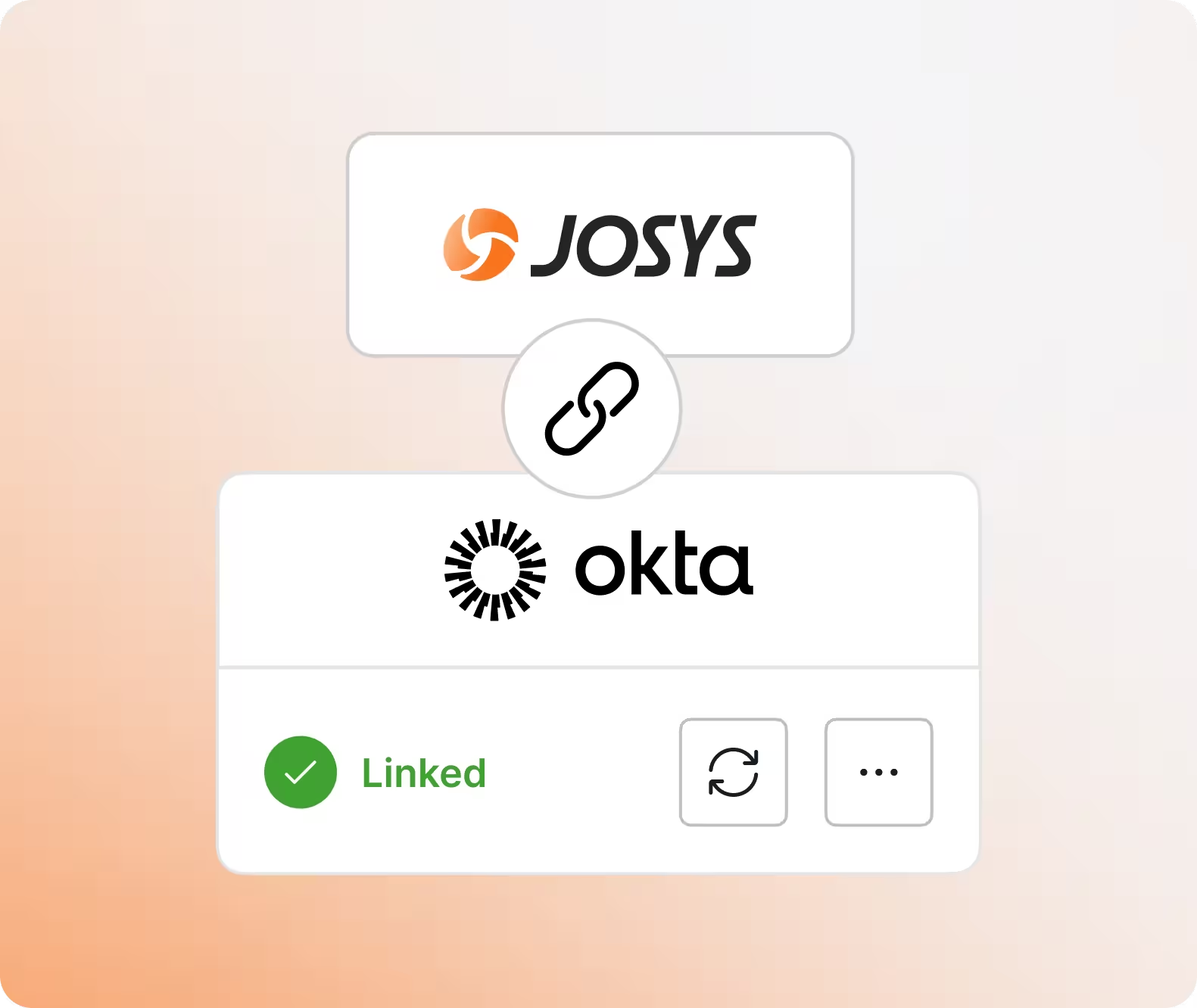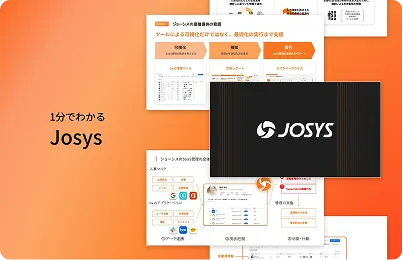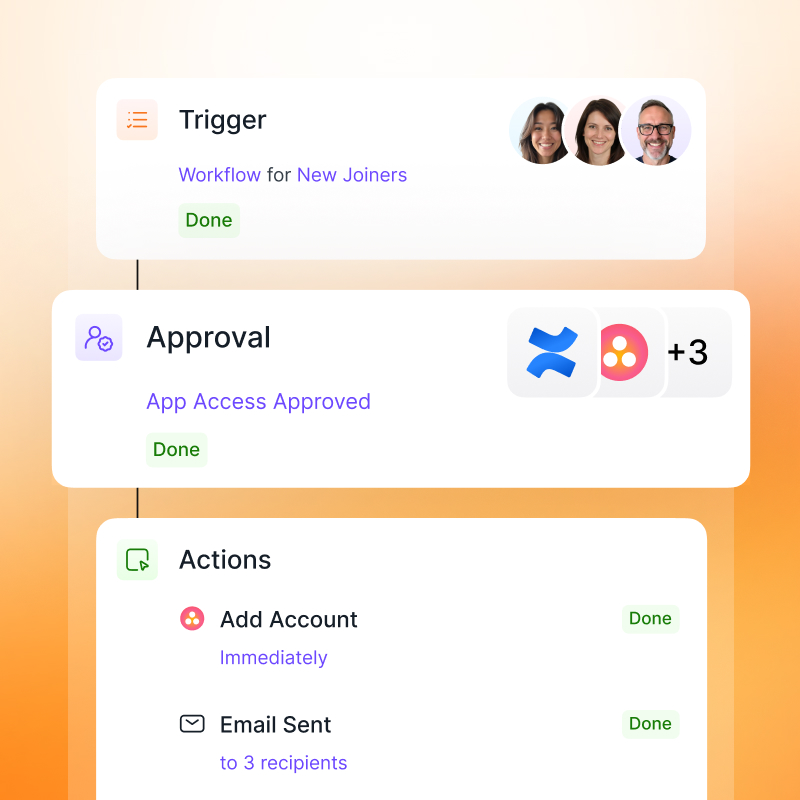The Impact of Decentralized SaaS Management on IT
Join hundreds of companies and start your identity governance journey today
.avif)
Did you know that over 56% of SaaS tools in many organizations are managed outside the IT department? As departments gain the flexibility to choose and manage their tools, businesses benefit from increased efficiency and agility. However, with this freedom comes new challenges for IT leaders, who must ensure security, compliance, and cost control despite reduced visibility. Josys offers a solution to bridge this gap, providing centralized governance without limiting departmental autonomy. This blog will highlight the challenges and how IT leaders can maintain effective SaaS governance in a decentralized environment while allowing departments to thrive.
Key Challenges of Decentralized IT in SaaS Governance
Reduced Visibility and Control
When each department manages its own SaaS tools, it’s challenging for IT leaders to monitor what tools are used across the organization. Without full visibility, “shadow IT” — software used but not officially managed by IT — grows. Shadow IT poses risks, as unauthorized tools may lack essential security features, increasing vulnerability to data breaches and other security issues.
Increased Security and Compliance Risks
Decentralized management of SaaS tools means departments might sign up for tools that don’t meet the organization’s security standards. Without a unified view, IT leaders cannot guarantee that all tools adhere to company policies, making the organization more vulnerable to compliance breaches. This challenge becomes even more significant when handling sensitive data and meeting regulatory standards like GDPR or SOC 2.
Inefficiencies in Cost Management
Decentralized SaaS management can lead to cost inefficiencies, with departments purchasing duplicate licenses or paying for unused subscriptions. Without a cohesive overview, IT leaders struggle to identify unnecessary expenses, making it hard to optimize spending across the organization.
Best Practices for IT Leaders: Regaining Control in a Decentralized IT Landscape
To effectively address these challenges, IT leaders need a strategic approach that supports governance without restricting departments. Here’s how to achieve this balance:
Strategy 1: Use a Unified Platform to Monitor SaaS Usage
A centralized platform like Josys offers IT leaders a comprehensive view of all SaaS tools used across the organization. With real-time tracking and insights, IT can stay aware of app usage, identify newly installed tools, and ensure that all software complies with company policies. This enhanced visibility helps reduce the risks associated with shadow IT and ensures that each department’s choices align with organizational standards.
Strategy 2: Establish Clear Governance Policies for SaaS Selection
Well-defined governance policies create structure without limiting autonomy. By setting clear guidelines, IT leaders can empower departments to select tools that meet their needs while adhering to security and compliance standards. With a policy-driven approach, teams have the flexibility they need, while IT ensures that all tools align with best practices for security and compliance.
Strategy 3: Leverage Josys’ License & Access Governance Features for Enhanced Security and Control
Josys simplifies SaaS management by giving IT leaders the insights they need into each users’ software usage, licenses, and access permissions. With real-time monitoring, IT leaders can make data-driven decisions about license renewals and usage optimization while ensuring that non-essential tools can be retired. With features like role-based access control (RBAC), IT leaders can also set permissions and limit access according to employees’ roles, enhancing organizational security.
Conclusion
Decentralizing SaaS decisions empowers departments to work with tools tailored to their needs. As long as IT has oversight into these tools and decisions, organizations can protect themselves from security risks, compliance challenges, and efficiency losses. Josys provides the framework to achieve this balance, offering centralized control while preserving departmental flexibility. Try Josys today and experience total visibility and control of your SaaS stack.
over your identities, applications, and files?
Sign-up for a 14-day free trial and transform your IT operations.





















